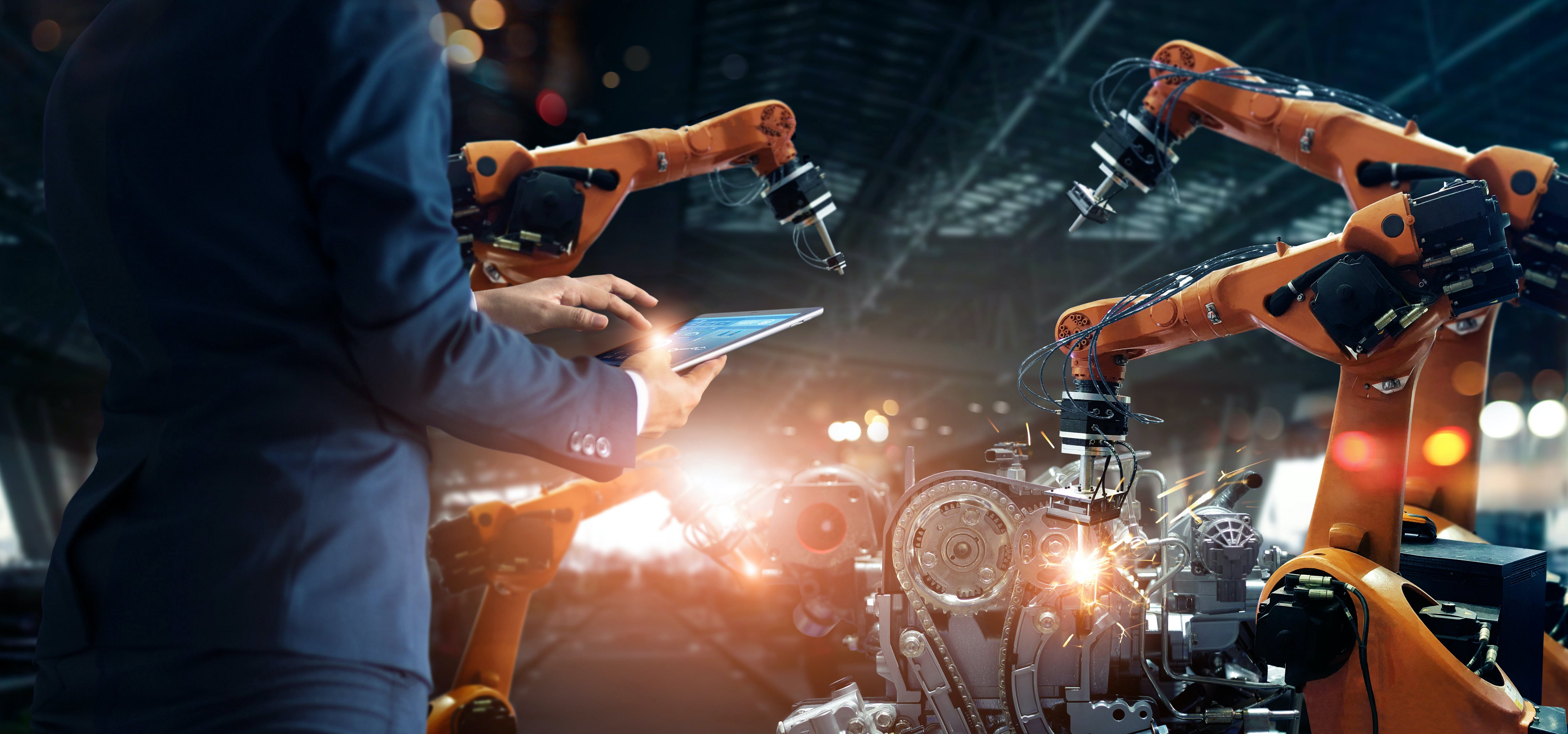Will Mechanical Engineering be replaced by AI?
As the industry develops and changes, worries about how artificial intelligence in mechanical engineering can impact employment aspects are spreading. There has been much debate in the area of mechanical engineering design. Will artificial intelligence in mechanical engineering take over in the future? The answer to this question is intricate and complicated, but let’s take a closers look at some of the facts that might affect the field’s future.

In many sectors, including finance, transportation, and healthcare, artificial intelligence has already shown to be a game changer. Artificial Intelligence is fast replacing business tools by having the ability to automate repetitive operations and give real-time analysis.
What is Mechanical Engineering?
Mechanical Engineering uses physics, and materials science principles to develop, produce, analyze, and maintain mechanical, systems. In this engineering, heat and mechanical power are generated and used in the creation, manufacture, and use of tools, and machines.
As mechanical engineering focuses on the study of moving objects, is one of the most diverse and flexible engineering disciplines. As a result, every aspect of modern life is influenced by mechanical engineering, including the human body, a highly complex machine. A mechanical engineer's job is to develop a product from an idea to the point of sale. Automotive, electronics, and microelectrochemical systems, energy conversions, robotics, and automation, aerospace, biotechnology, computers, and manufacturing are just a few of the industries in which mechanical engineers play important roles.
What is Artificial Intelligence?
Artificial Intelligence creates hardware, software, or systems that can think like people. It examines the logical processes of the human brain. Machine learning (ML) and problem-solving are the ultimate goals of artificial intelligence.
A system with artificial intelligence (AI) is capable of learning, reasoning, and solving problems, and compares well with the human system in terms of natural intelligence. Specifically, it refers to simulating the reasoning and problem-solving abilities of the human brain in accordance with the circumstances. Artificial intelligence is one of the most cutting-edge technological advances, and experts believe it will be the foundation of the next generation.
Artificial Intelligence in Mechanical Engineering
A mechanical engineer is in charge of developing new machines, procedures, and systems. Due to the growth of AI, their skills have become more in demand. Artificial Intelligence can be incorporated into mechanical engineering procedures to build smarter and more efficient machines. Many businesses are already seeking out engineers with knowledge of AI.
What is the sudden need for ai and ml for mechanical engineers?
AI is changing the way we communicate with the machines. Using ai mechanical design, robots can learn from data and develop over time, making them more efficient and effective.
Advantages of using AI for Mechanical Engineers
- Mechanical parts and components can be produced using AI and ML in mechanical engineering. Engineers can create designs that are more precise and better meet the project's requirements by analyzing data from earlier initiatives.
- AI and ML for mechanical engineers can improve their productivity. They can concentrate more on complicated activities that demand more creative thinking by automating some of the simpler tasks. As a result, the team's overall productivity may rise.
- By using Artificial Intelligence in mechanical engineering, engineers can lower the cost associated with product design and manufacturing. This can lower production costs and increase projects' cost-effectiveness.
The future of AI and ML for mechanical engineers seems promising. AI-enabled machines can perform tasks that are impossible for humans to complete, such as analyzing massive amounts of data and making predictions about the future.
Career in Mechanical with AI
Several career in mechanical engineering. Automotive, aerospace, manufacturing, and robotics are the various domains in which mechanical engineers can work. Mechanical engineers can work in creating intelligent systems for these industries with the integration of AI:
Design optimization: The design process is one of the primary areas where AI is having an impact on mechanical engineering. By analyzing data from earlier designs and recommending improvements, AI algorithms can help mechanical engineers create systems that are more effective and optimized. AI-driven design software can aid engineers in the optimization of the design process, resulting in better-performing systems with less expensive and quicker development.
Production and quality assurance: AI is also changing the production process by enhancing quality assurance and speeding up inspections. When sensors and data analytics are included in mechanical systems, engineers can track the functioning of machines and systems in real-time and see potential issues before they get out of hand. By identifying flaws and irregularities in the systems and components that have been built, AI algorithms can also help with quality control procedures, cutting down on inspection time and enhancing the caliber of manufactured goods.
Robotics and preventive maintenance: Robotics is one area where AI plays a major role. Robots activated by AI can carry out difficult tasks easily and efficiently. It lowers labour cost and increases output.
Using AI, engineers can design and produce mechanical systems in new and inventive ways.However, there are obstacles that need to overcome such as need for qualified specialists.
Admissions Open at CGC Jhanjeri, Mohali
Admissions open for the program at CGC, Jhanjeri and we couldn’t be happier to announce that. You can improve your technical and problem-solving skills by pursuing a B.Tech in Mechanical Engineering at CGC, Jhanjeri. This may help you acquire an opportunity that is in great demand.



















